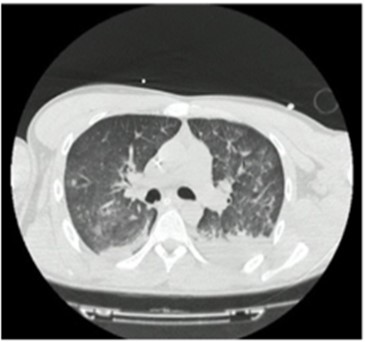Abstract
Abstract:
Cardiopulmonary resuscitation (CPR) introduces an important paradigm shift regarding the revert of death, which generates great expectations in the general public and even so in physicians. However, despite tha fact that medical progress has led to impreved outcomes, short- and long-term survival remains low, accompanied with significant alterations in quality of life and functionality of survivors. Recognizing this reality, “do not resuscitate orders” (DNR) emerge as an alternative and various societies suggest the need to establish indications, whether to the start a CPR and when to stop CPR. This article provides tools for decision making on CPR, and to recognize our human limitation in the face of death, understanding that the most beneficial act in many cases will be to keep company and not resucitate.
Key words: cardiopulmonary arrest, cardio pulmonary resuscitation, do not resuscitate order, bioethical issues, clinical ethicist, advance directive.

This work is licensed under a Creative Commons Attribution 4.0 International License.
Copyright (c) 2022 Fritz Eduardo Gempeler, Natalia Olmos Muskus


